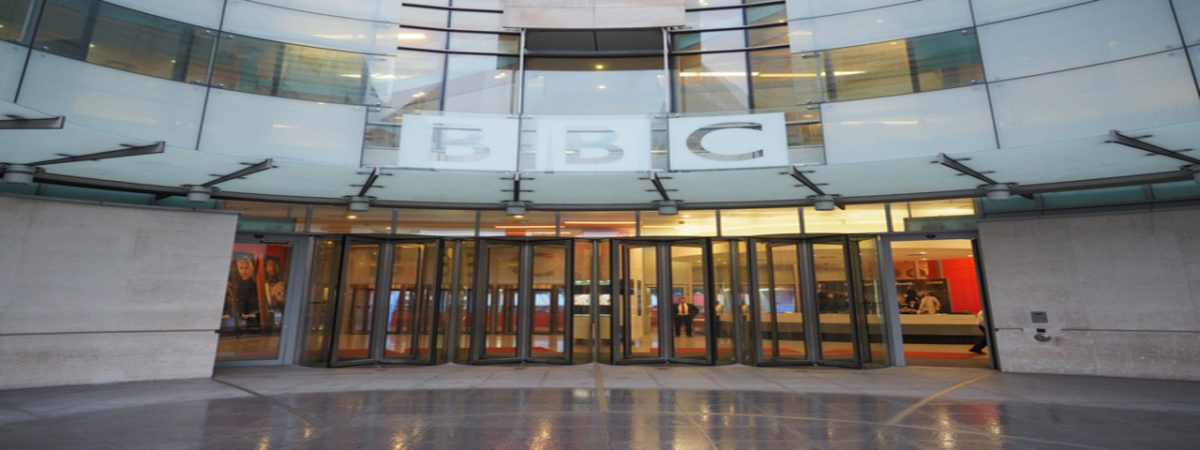Policy implications of Catholic social teaching
SUGGESTED



What those special circumstances are and whether they are still with us in a particular domain are matters that can be vigorously debated. But some things are clear. In a policy world dominated by Catholic social teaching, parents, and not the state, would be in control of education. The state might help families obtain an education, but it would not be responsible for providing it except in limited circumstances.
Second, we would have a much less monolithic health service – indeed we would not have a “national” health service at all. The Church and other civil society groups would be in the vanguard of providing healthcare, as they are in Germany, in a way that was in accordance with the consciences of those who use the service. The same would be true in other social insurance areas. As the Church has repeatedly stated from Rerum Novarum onwards, the state should not take away the legitimate functions of society. And that is what happened in the post-war settlement, continuing a trend that started in the early 1900s. In 1910, there were nearly seven million members of registered friendly societies (excluding members of mutual insurance companies). The Manchester Unity of Oddfellows alone had over one million members.
Unfortunately, Friendly societies, trades unions and mutual associations had their welfare functions effectively nationalised. These organisations had provided unemployment and disability insurance as well as being fraternal organisations.
In many ways our modern welfare state is radically individualistic. It gives welfare recipients just enough to live on, providing mainly material help, so that people can be independent of wider family, charity and civil society organisations. And our tax and benefits system strongly discourages family formation. We are a long way from – and have moved no further towards – a family-friendly tax and benefits system.
Third, the principle of subsidiarity would dominate our political arrangements. Today, the UK is one of the world’s most centralised states. And, when devolution does happen, it normally involves a special deal between the government and local bureaucrats. This whole process should be rethought. Local government should be genuinely independent, it should raise its own revenue from a broad tax base and determine its own priorities.
There is little sign of movement on these important fronts. Even in social areas, things are now looking more difficult. Presumably, post-EU membership, we will have tighter immigration controls; and it seems unlikely that the new Secretary of State for Justice will be quite as keen on prison reform as her predecessor. As for Theresa May’s proposal for worker directors, this is best seen as yet more inappropriate regulation in corporate governance.
We should be realistic. Some things get better and some things get worse. But, what remains to be done is enormous compared with the progress that is likely to be made.
This article was first published in the Catholic Herald.




